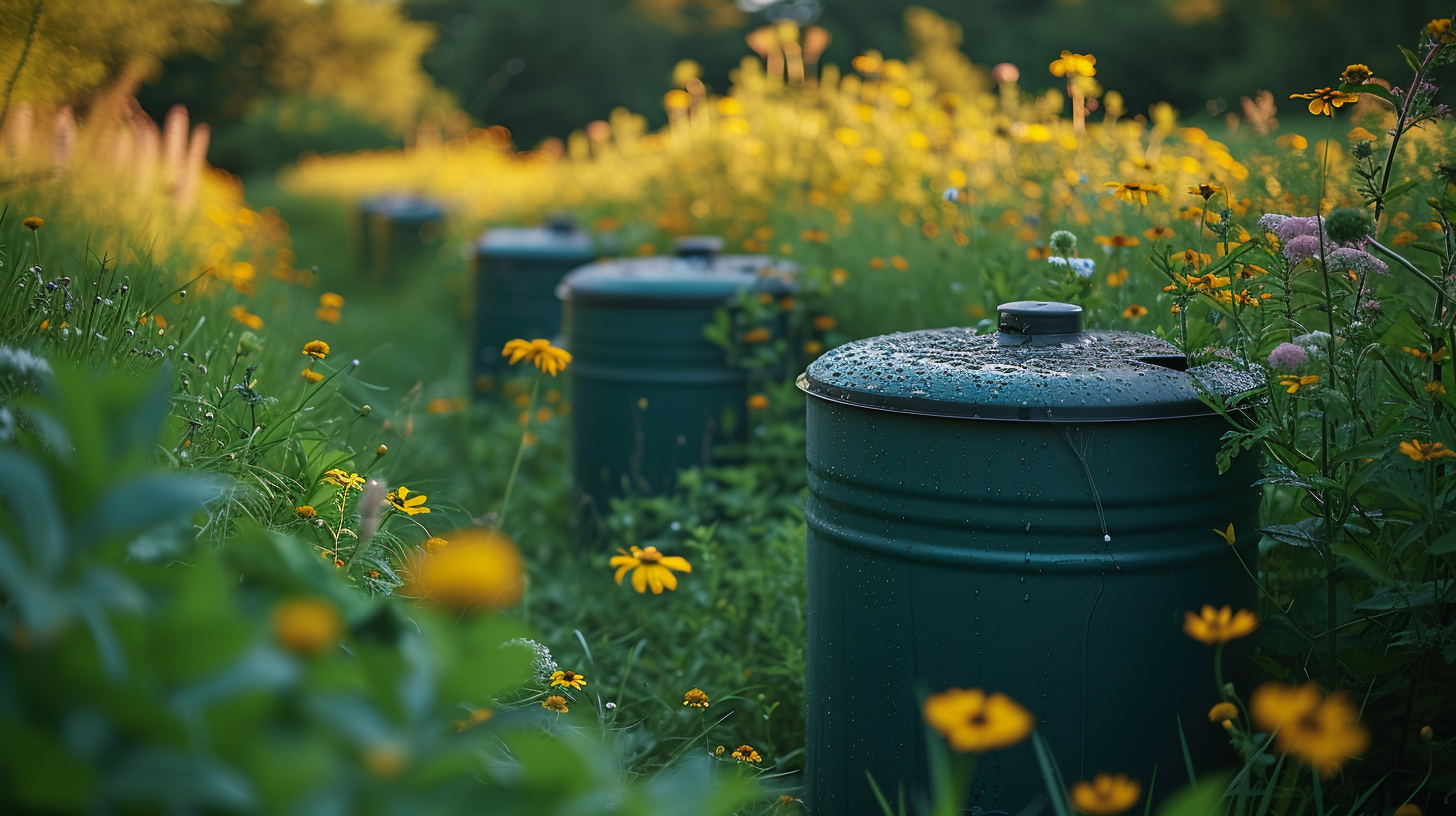Key points
Contents
- 1 Key points
- 2 Understanding Septic Systems
- 3 The Impact of Cleaning Products on Septic Systems
- 3.1 Chemicals and Microbial Balance
- 3.2 Common Household Cleaners and Septic Health
- 3.3 The Chemistry of Septic Safe Products
- 3.4 Biodegradable Ingredients
- 3.5 pH Balance and Its Importance
- 3.6 Avoiding Harmful Substances
- 3.7 Identifying Harsh Chemicals
- 3.8 Alternatives to Chlorine, Ammonia, and Phosphates
- 4 Understanding Septic Safe Cleaning Products
- 4.1 Natural vs. Synthetic Cleaners: The Lowdown
- 4.2 The Pros and Cons from a Septic System’s Viewpoint
- 4.3 Finding Your Way Around Septic Safe Product Certifications
- 4.4 Common Household Ingredients for Safe Cleaners
- 4.5 Vinegar, Baking Soda, and Lemon Juice
- 4.6 Essential Oils and Their Antiseptic Properties
- 4.7 Recipes for Homemade Septic Safe Cleaners
- 5 Understanding Septic System Maintenance: Best Practices
- 6 Eco-Friendly Cleaning Beyond the Septic System
- 7 The Broader Impact of Chemicals on Ecosystems
- 8 Promoting Sustainability Through Product Choices
- 9 Advocacy and Education
- 10 Community Outreach Programs
- 11 Raising Awareness about Septic Health
• Biodegradable Ingredients: Septic safe cleaning products are formulated with biodegradable ingredients that break down naturally, avoiding disruption to the delicate balance of bacteria within the septic system.
• Chemical-Free Formulations: These products are free from harsh chemicals such as bleach, ammonia, and phosphates, which can damage septic systems and harm beneficial bacteria needed for the decomposition process.
• Environmental Impact: Septic safe cleaners are generally more environmentally friendly, as they minimize the risk of contaminating groundwater and soil, providing a safer option for households and the planet.
Understanding Septic Systems

Dive into what makes these wastewater savers tick – septic systems consist of several key components; they’re more than just a tank buried in your yard. They play an essential role in treating and dispersing your household waste water safely back into nature.
The Impact of Cleaning Products on Septic Systems
The cleaning agents you choose can either be silent helpers or hidden hazards for your septic system. It turns out that the stuff we use to scrub-a-dub-dub can affect the delicate balance needed to break down wastes effectively.
Chemicals and Microbial Balance
A little chemistry lesson: your septic system is home to hardworking microbes that digest and treat waste. Bombard them with harsh chemicals, and you’re looking at a microbial massacre that could disrupt the entire process, leaving your septic system ineffective.
Common Household Cleaners and Septic Health
You mightn’t think twice about what goes down your drain, but ordinary household cleaners can sometimes do more harm than good. Bleaches, antibacterial soaps, and even some DIY concoctions could spell trouble for those unseen bacterial allies working tirelessly below ground.
Overall, septic safe cleaning solutions are vital for maintaining not just home cleanliness but also ensuring long-term functionality of septic systems. It pays off to be choosy with cleaning products since what ends up in our drains eventually influences our own backyards – quite literally!
Embarking on a thorough cleaning spree? It’s crucial to ponder not just the sparkle, but also the impact your choices have on your septic system. A bit of knowledge about the substances you’re sending down the drain can save you a headache later on.
The Chemistry of Septic Safe Products
When it comes to septic safety, every cleaning agent’s chemical persona matters. Products that keep the natural bacteria in your septic tank thriving are top-notch choices. These good guys break down organic matter, and harmonious chemistry ensures they do their job efficiently.
Biodegradable Ingredients
Ingredients that can be broken down by bacteria or other biological processes are tagged as biodegradable. They’re less likely to hang around in your tank causing trouble. That’s why septic safe cleaners often flaunt their biodegradable nature; they promise a clean house without collateral damage to your sewage system.
pH Balance and Its Importance
A precarious setting for beneficial bacteria is anything too acidic or too alkaline. Maintaining a neutral pH balance isn’t just high school science fun—it keeps those microbes happy and healthy. The moral of the story? Choose cleaning products with a pH level that doesn’t rock the boat for these microscopic cleaners.
Avoiding Harmful Substances
Protecting your home’s hidden aquatic life means steering clear of nasty chemicals that could zap those vital microorganisms into oblivion. After all, you wouldn’t introduce a bull into a china shop, would you? Similarly, harsh chemicals and septic systems simply don’t mix well.
Identifying Harsh Chemicals
Eagle-eyed shopping for septic safe cleaners involves shunning ingredients with a bad rep. Anything overly aggressive will threaten the microbial balance in your tank—so if it sounds like it belongs in a lab rather than your laundry room, best leave it on the shelf.
Alternatives to Chlorine, Ammonia, and Phosphates
Luckily, there’s no need to sacrifice cleanliness for septic security. You’ve got plenty of options less harmful than the classic culprits: chlorine, ammonia, and phosphates. Seek out alternatives that work just as hard without throwing a wrench into your wastewater ecosystem.
Maintaining a spotless home while safeguarding your septic system isn’t rocket science—it’s just a matter of making informed choices with a dash of common sense here and there. With this handy guide, you’re equipped not only to clean wisely but also protect an unseen yet essential part of your household.
Understanding Septic Safe Cleaning Products
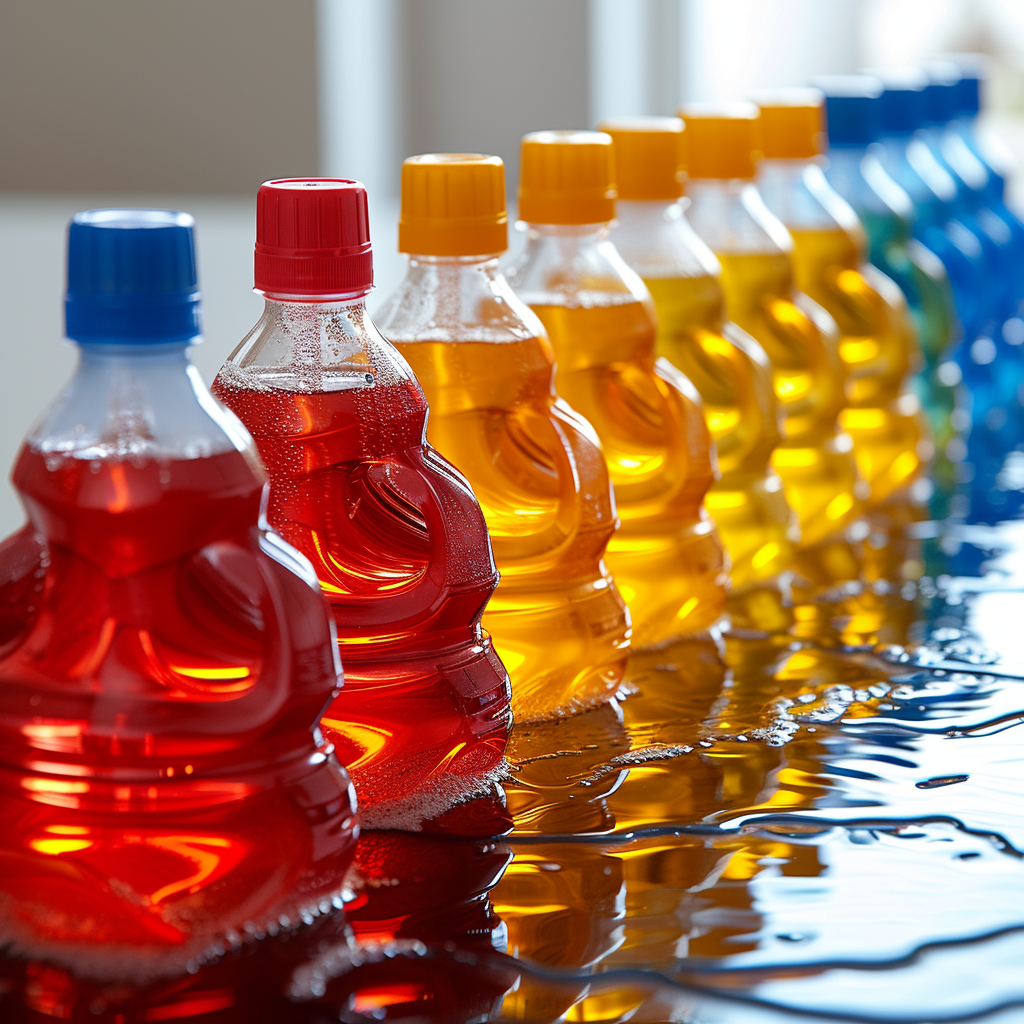
When considering the health of your septic system, choosing the right cleaning solutions is vital. A variety of cleaning products claim to be safe for septic systems, but it’s important to distinguish between them to ensure you’re not causing harm. Generally speaking, these products fall into specific categories that influence their impact on your septic system.
Natural vs. Synthetic Cleaners: The Lowdown
When we’re on about cleaners, they typically fall into two camps – natural or synthetic. Natural cleaners usually consist of ingredients sourced from nature, like vinegar, bicarbonate soda, and essential oils. On the flip side, synthetic cleaners are crafted in labs and often contain harsh chemicals and artificial components.
Diving into the nitty-gritty distinction between them, natural cleaners are typically a friendlier choice for septic systems since they break down more easily without disrupting the bacterial balance crucial for waste decomposition. Synthetic cleaners, meanwhile, might pack a punch in terms of cleaning power but can be tough on the beneficial bacteria when used in excess.
The Pros and Cons from a Septic System’s Viewpoint
From a septic standpoint, each type has its trade-offs. Here’s the scoop:
- Natural Cleaners:
- Pros: Gentle on septic systems; eco-friendly; less likely to cause blockages or damage.
- Cons: They may require a bit more elbow grease or frequent use for tough jobs.
- Synthetic Cleaners:
- Pros: High efficacy; commonly available; often targeted towards specific cleaning tasks.
- Cons: Can disrupt septic bacteria; potential environmental hazards; might lead to costly repairs if overused.
Finding Your Way Around Septic Safe Product Certifications
Eyes peeled! Certifications can provide peace of mind but figuring out what they mean is another kettle of fish. Products touting septic safety often carry certain badges that point to their suitability.
An Overview of Certification Processes
Certification processes aren’t a walk in the park – it’s all very official. An independent third-party generally examines the product’s ingredients and performance to certify that it’s indeed safe for your septic system. Tests might include how quickly a product degrades and whether it’s nontoxic to those all-important bacteria within your system.
Deciphering Labels with Savvy
You’ll want to get your detective hat on when reading labels – here are some pointers:
- Avoid products with warnings like ‘harmful’ or ‘danger’ – chances are they’re no friends to your septic system.
- Look for certifications such as “Septic Safe” or logos from credible organizations — this is usually a good sign.
- Pore over ingredient lists; aim for products with plant-based components rather than chemical concoctions.
While nobody’s perfect – and let’s face it – neither will your understanding of every single component on that label be – putting in a little effort goes a long way toward keeping your septic system healthy. So next time you’re cruising down the supermarket aisle in search of some shiny new cleaning product, just remember that what you pour down the drain doesn’t just vanish – it lingers and can either play nice with your plumbing or throw up a real fuss!
Maintaining a healthy septic system is vital, and choosing the right cleaning agents can make all the difference. In this complete rundown, we’ll cover DIY cleaners that won’t disrupt your system’s balance.
Common Household Ingredients for Safe Cleaners
If you’re aiming for septic-friendly cleaning solutions, you’ve likely got some magic makers already in your pantry. Vinegar, our pickling favorite, is ace at tackling grime. Baking soda ain’t just for cookies—it’s a scrubbing champ with gentle persuasion. And lemon juice? It uplifts with zest while nudging stains away. With these common staples, you’re set for eco-wise cleanliness without wreaking havoc on your septic buddy.
Vinegar, Baking Soda, and Lemon Juice
Pulling double duty in kitchens worldwide, vinegar really shines when cutting through soap scum and mineral deposits—common foes in bathrooms and kitchens. When you’re wanting to up your scour power discreetly, reach for the unassuming box of baking soda. Gentle yet effective, it’s the silent hero of home care. As for lemon juice—nature’s own scent-sational clean freak—it dispatches mildew with ease and leaves behind a crisp freshness you can’t help but love.
Essential Oils and Their Antiseptic Properties
Essential oils aren’t merely pretty smells; they pack an antiseptic punch that microbes find daunting. With varieties like tea tree and lavender bringing healing vibes to surfaces (and room ambiances), adding just a drop or two earns you both serenity and sanitization.
Recipes for Homemade Septic Safe Cleaners
A dash of distilled white vinegar mixed liberally with water makes an outstanding ally for most tasks; use it anywhere from countertops to tile floors with peace of mind. To boost aroma and bacteria-fighting prowess, welcome essential oils into the blend—think lemon or peppermint for an invigorating kick.
Bathroom and Kitchen Specific Solutions
Bathrooms: Combine baking soda with a smidgeon of dish soap to form a paste that promises to return shine to your fixtures; swish around toilet bowl interiors with the concoction for good measure. Kitchens: A sprinkle of kosher salt can join forces with lemon halves—rub on cutting boards to refresh and praise their looked-after state.
Crafting DIY septic-safe cleaners isn’t rocket science – it’s more about going back to basics. Lean on household essentials like vinegar, baking soda, and lemon juice coupled with nature’s perfumery—essential oils—for fragrant antiseptic mastery. Whipping up recipes attuned to both general or specific spaces within your domain is not only kind on the wallet but also kinder still to that unseen but crucial household helper—the septic system.
Understanding Septic System Maintenance: Best Practices
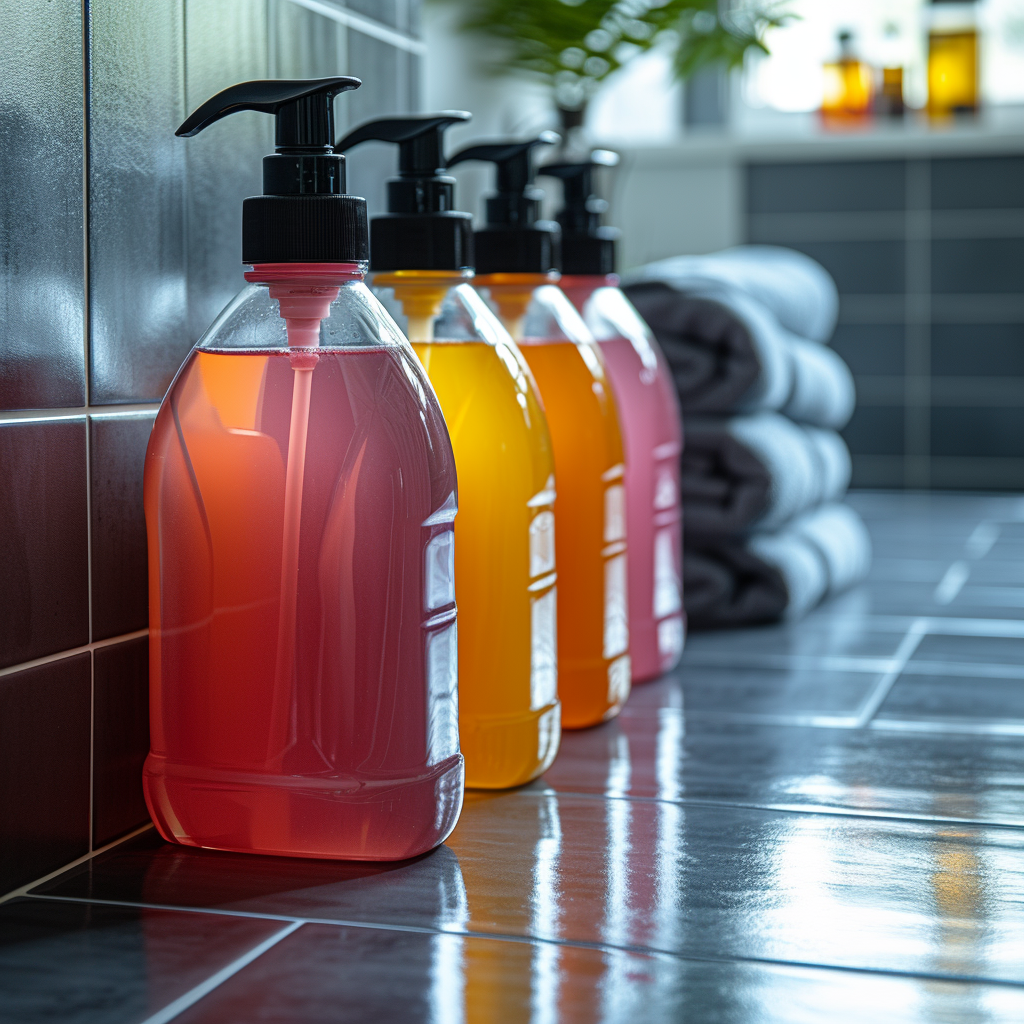
Maintaining a healthy septic system is critical to extending its life and ensuring it functions properly. To keep your septic system running smoothly, follow a consistent maintenance routine, which includes regular cleaning, timely pumping, and choosing the right cleaning products.
Regular Cleaning and Pumping Schedules
A little attention goes a long way with septic systems. Adhering to a schedule for cleaning and pumping can prevent buildup and potential backups. Typically, septic tanks require pumping every three to five years, but this may vary based on household size and usage patterns. Be sure to monitor water usage and waste disposal habits as they directly affect how often your system needs service.
The Role of Safe Cleaning Products in Maintenance
Your choice of cleaning products plays a significant part in septic system care. Harsh chemicals can disrupt the natural balance within the tank, so it’s essential to opt for septic-safe cleaners. These products are designed to be gentle yet effective without harming the vital bacteria that break down waste.
Frequency of Use
Even when using septic-safe products, moderation is key. Overusing even the mildest of cleaners can lead to issues over time. Stick to recommended amounts and try not to go overboard with cleaning frequency – sometimes a quick wipe-down is all you really need.
Concentration and Dilution Guidelines
To ensure you’re not overloading your system, always pay attention to concentration and dilution instructions for cleaning solutions. More often isn’t necessarily better; it’s about finding that sweet spot where cleanliness meets septic safety. Err on the side of caution with dilutions—mixing a bit less cleaner than you think might do just fine.
By keeping up with these maintenance tips, you’ll keep your septic system in tip-top shape for years to come. Oh, and don’t forget—keeping track of what goes down the drain is just as important as what cleans it.
When it comes to safeguarding our planet, every little bit helps. It’s crucial to recognize that the products we use in our homes can have far-reaching consequences. Septic safe cleaning solutions are more than just gentle on plumbing; they’re part of a much larger eco-conscious lifestyle. By opting for earth-friendly cleaners, we’re not only keeping our household systems in tip-top shape but also contributing positively to the environmental balance.
Eco-Friendly Cleaning Beyond the Septic System
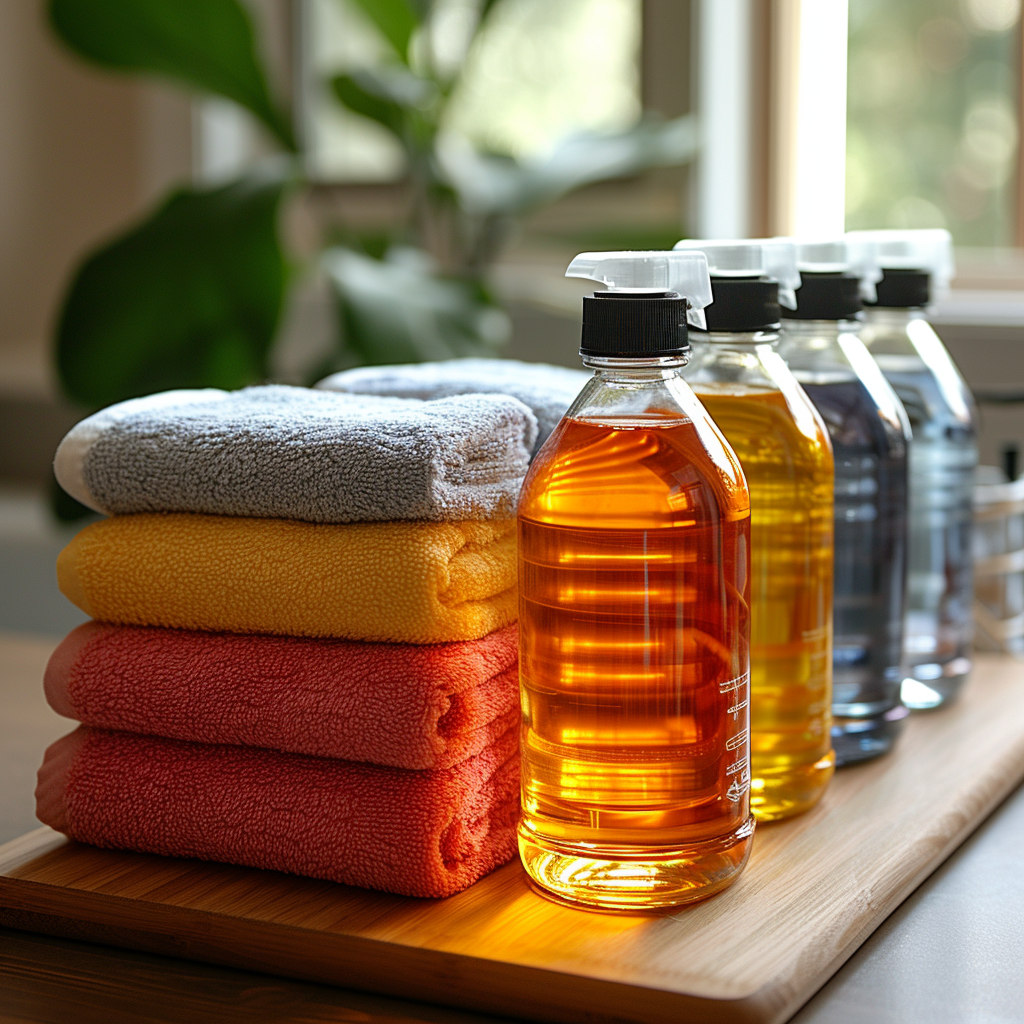
Looking beyond the confines of our septic systems, sustainable cleaning practices extend their benefits to the broader environment. Non-toxic and biodegradable ingredients in these cleaners mean we’re putting less strain on wildlife and ecosystems, ensuring that the integrity of nature is maintained.
The Broader Impact of Chemicals on Ecosystems
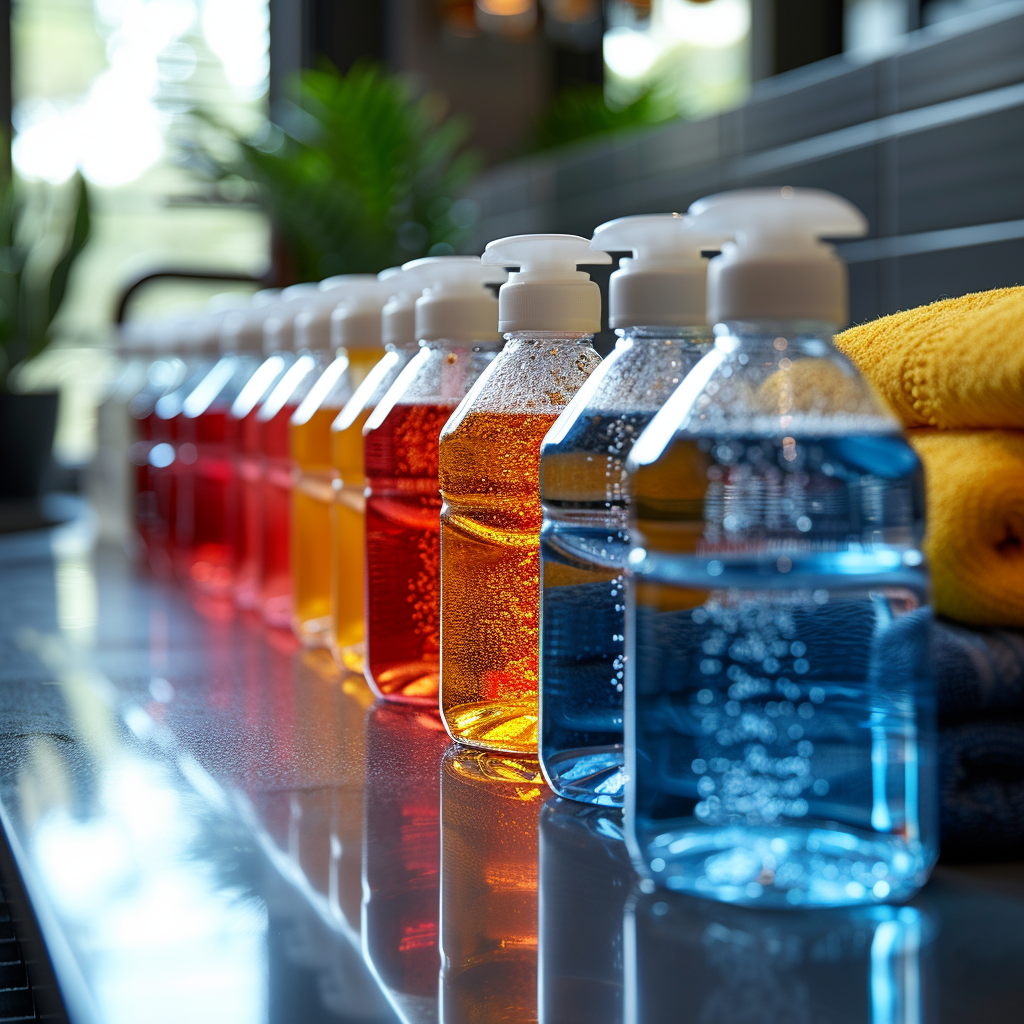
Harmful chemicals don’t just stop at your drain. Instead, they journey further into our waterways, affecting aquatic life and potentially disrupting entire ecosystems. When we choose septic-friendly options, we’re not just looking out for our backyard but also showing care for all creatures great and small who share this blue marble with us.
Promoting Sustainability Through Product Choices
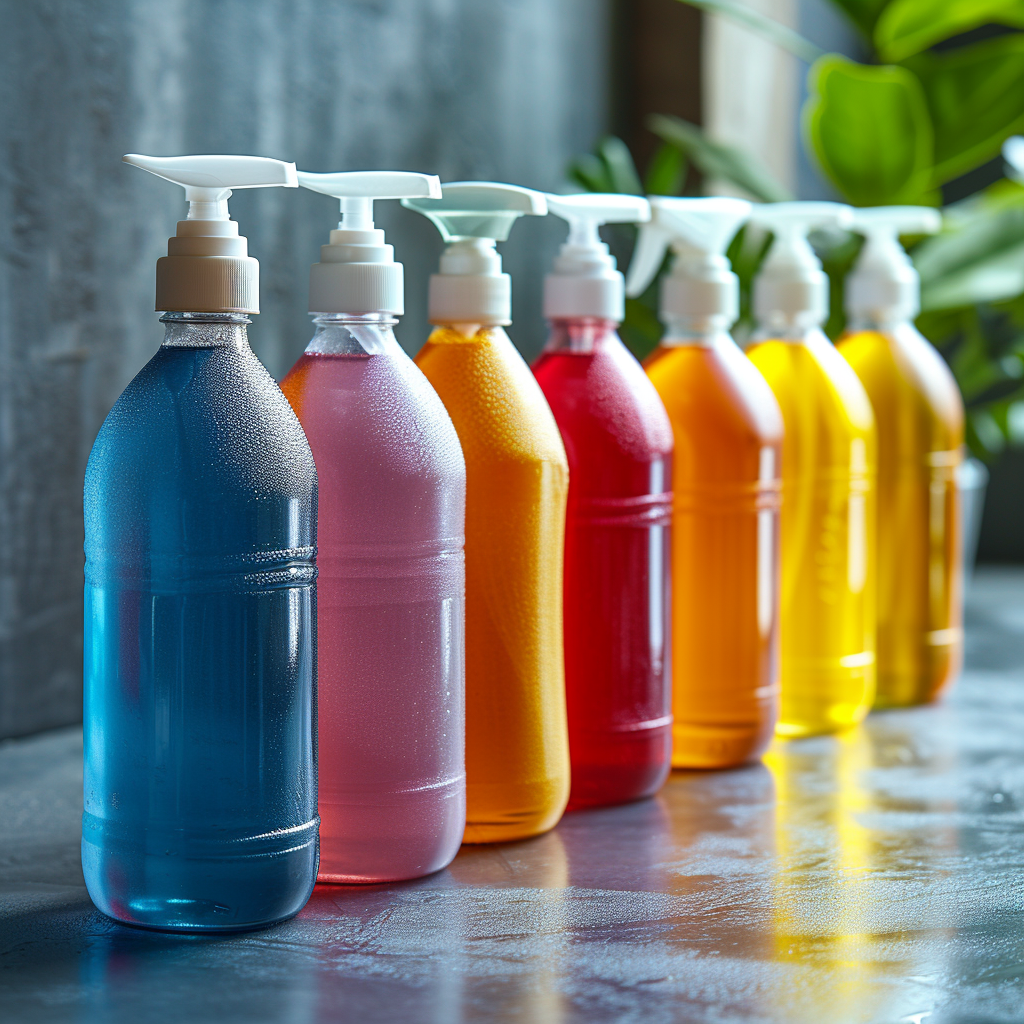
Making environmentally sound decisions when shopping for cleaning products is akin to casting a vote for sustainability. Every purchase can act as a step towards a greener future. By favoring eco-responsible brands and items, consumers drive demand for products that are not only effective but also kinder to Mother Earth.
Advocacy and Education
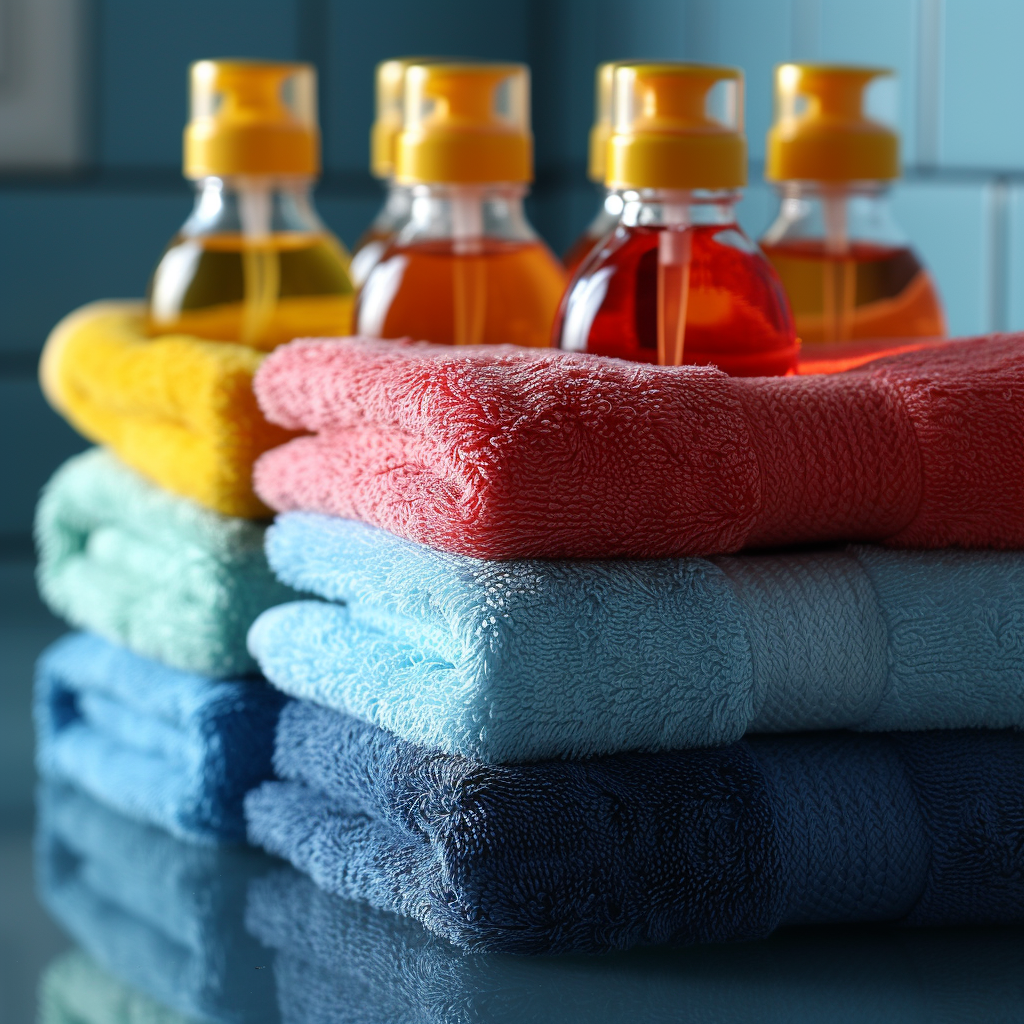
Sharing knowledge goes hand in hand with making informed choices. Advocacy efforts play a pivotal role in enlightening peers about the positive impacts of septic-safe products on both their homes and the planet. It’s not just about preaching; it’s about engaging meaningful conversations that lead to real change.
Community Outreach Programs
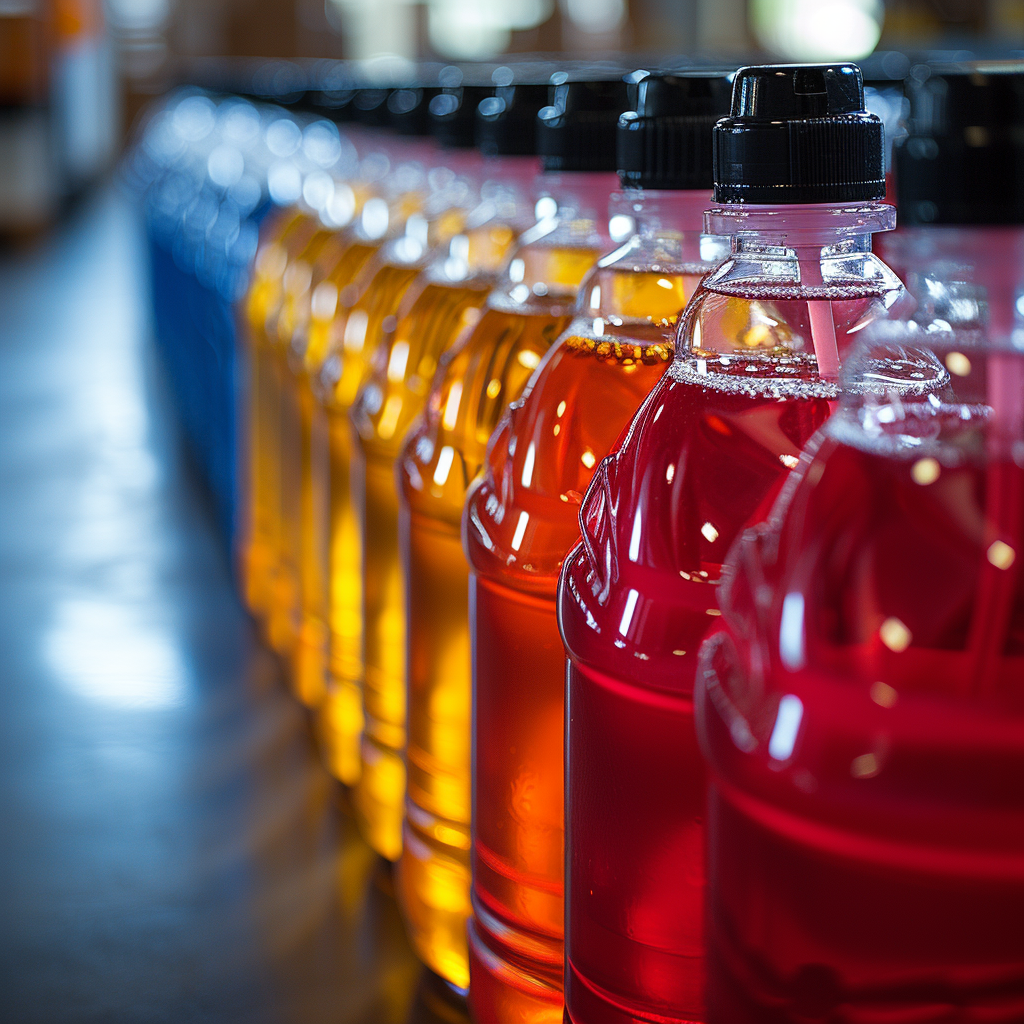
Local initiatives often serve as catalysts for broader movements. Community outreach programs focusing on septic health educate residents about proper maintenance and suitable products, thereby fostering a collective effort toward environmental stewardship within neighborhoods.
Raising Awareness about Septic Health
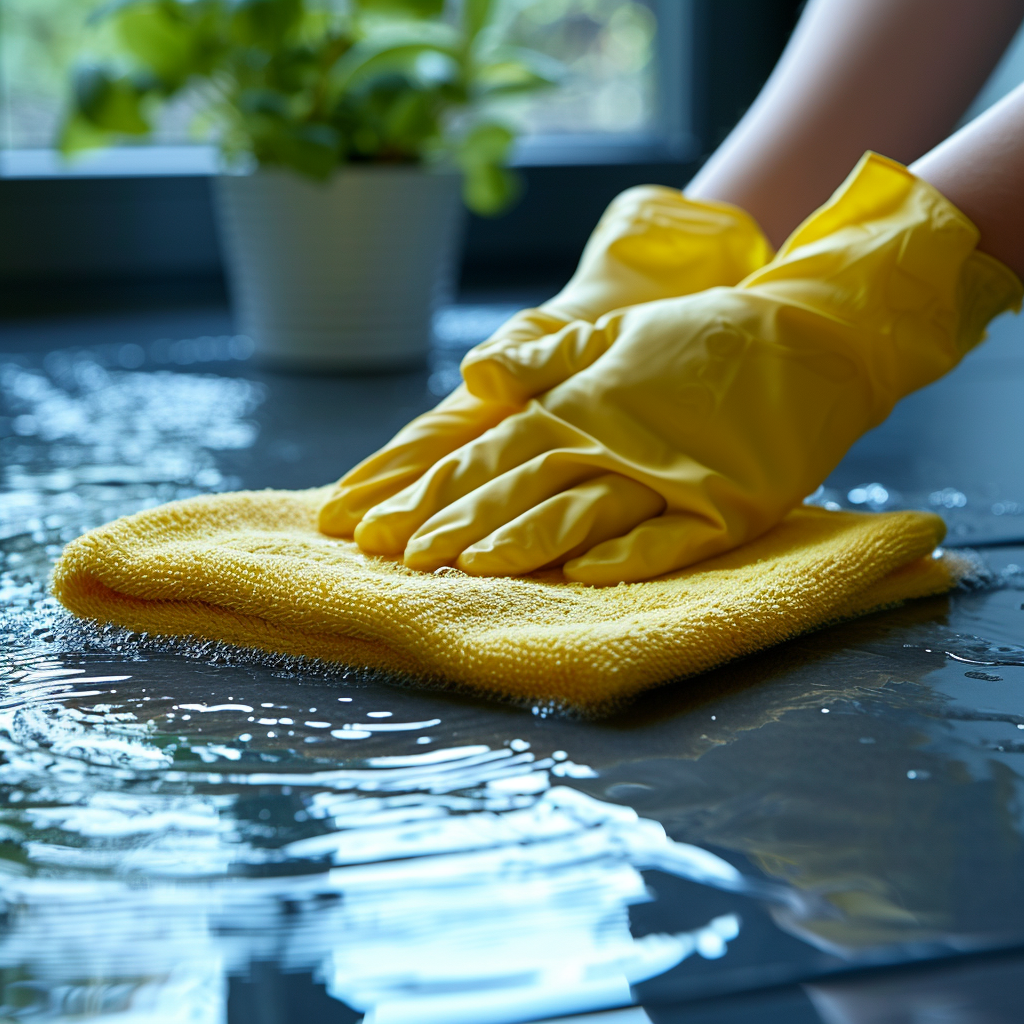
Rallying community spirit around the cause of septic system health does more than protect individual systems—it uplifts public consciousness about waste management’s environmental impact. Spreading the word helps ensure that everyone’s doing their part; after all, in this interconnected world, a ripple effect starts with just one person making waves towards change.

I’m Tim Robberts, a seasoned wastewater treatment & septic system expert with over 40 years of experience in the field. My career began as a septic tank installer, and I quickly gained a reputation for my attention to detail and commitment to excellence. Over the years, I’ve honed my skills in designing, installing, and maintaining septic systems for residential and commercial properties.
